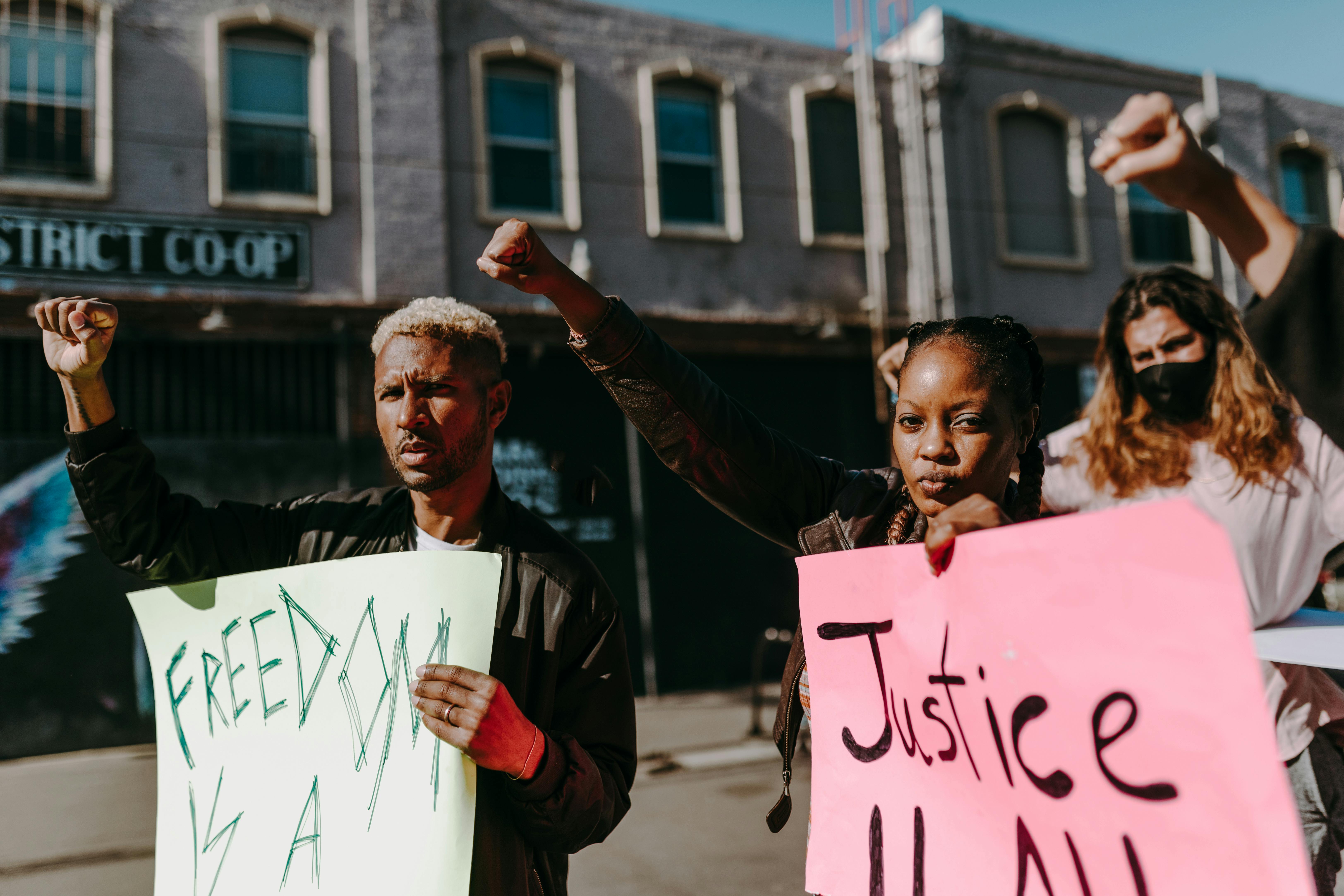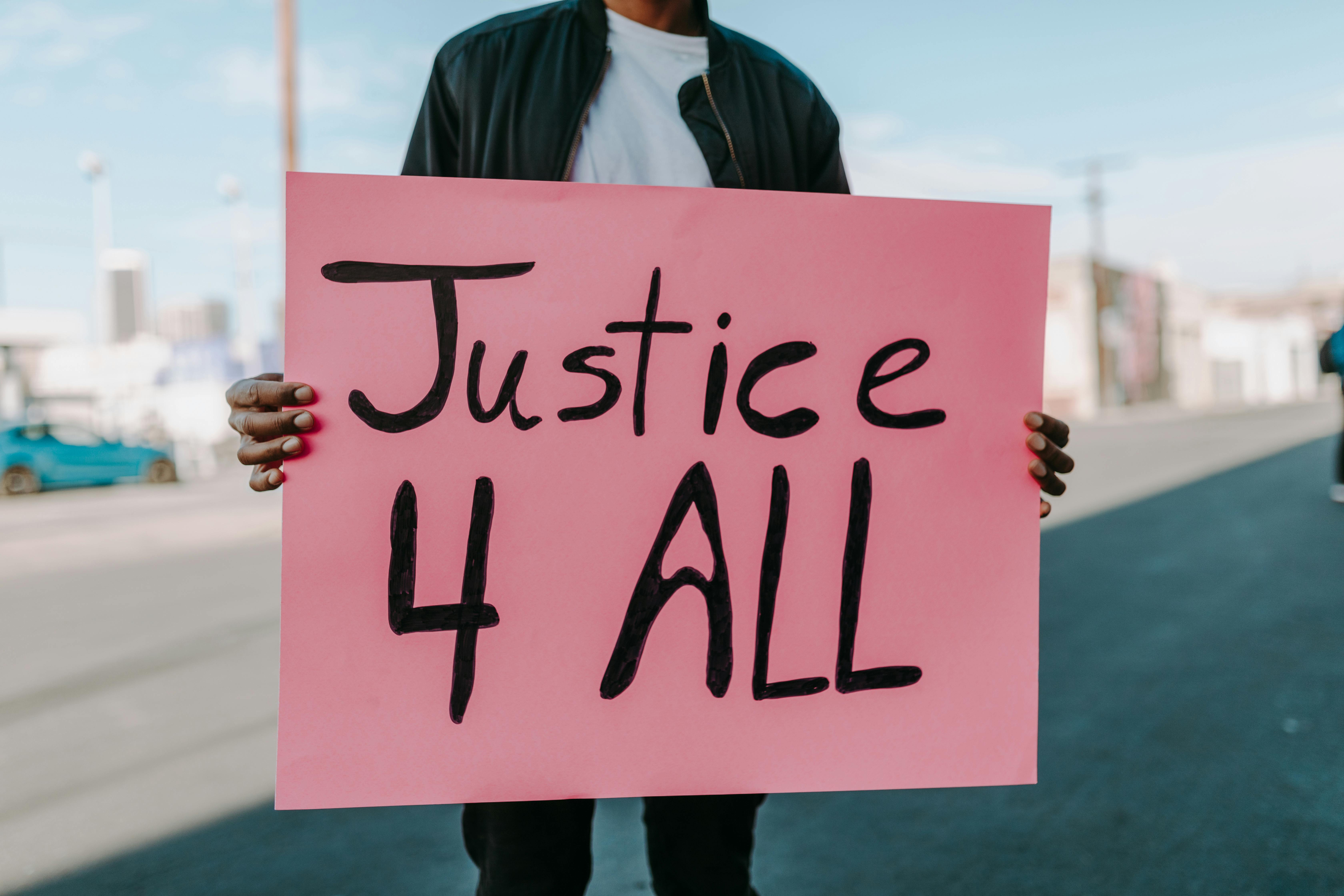In the history of the world there have been great empires that have risen only to fall. Human history is the story of the great empires that have ruled over the centuries. It has always been that throughout the history of civilization, man has tried to gain land and in his never-ending search for land, they have suffered humiliating defeats and annihilation or built the greatest empires of his time. In ancient times, the Macedonian Empire of Alexander the Great, the Nauryan Empire of Asoka, and the Roman Empire were created by the cruelty of man in his quest for power, control, and wealth. In the late 1700s, Napoleon Bonaparte arrived on the world stage.
“Power is my lover” the man whose ego collided with fate. An ego that grew to the size of Mount Everest with each military victory, much like Alexander the Great’s before he ruled all of Europe for over a decade. Throughout history there have always been people who were born destined to reshape the world and leave a lasting legacy. Alexander the Great, Caesar, Charlemagne, and Washington head the list of people who changed the course of history. Napoleon Bonaparte was one of those individuals. Like Alexander the Great, he was one of the greatest military generals in history. He was a gambler, a workaholic genius, but too often a short-term planner that sometimes led to disastrous results. A temperamental tyrant some have called him, but no one can doubt his military breadth and his ability to seize the moment when opportunity presents itself.
A mathematical prodigy, whose intellect catapulted him to fame and glory for his remarkable military skills at the height of the French Revolution. A renowned reformer but also a ruthless military commander who used the best tactics not only from studying other campaigns in history, but used his own innovations such as placing artillery in key locations that turned out to be decisive in winning battles. Even today, his military tactics are studied in all military schools around the world. Apart from all his military achievements, as Charlemagne, he is remembered for his reforms. The establishment of the Napoleonic Code is the basis that French law is still used today was one of the many reforms that Napoleon implemented.
Some historians considered him one of history’s enlightened despots, but others now view his achievements in a much better light. But nonetheless, his vision of a unified Europe where France ruled would never come true in his own time. The constant rivalries between the competing powers of Europe, such as Great Britain, France, Germany and Russia, which would break out in two world wars a hundred years later, always prevented Napoleon’s dream. Eventually, after years of conflict, the search for the European Union would emerge. There are some who today attribute this to Napoleon’s vision, which included a common infrastructure and a common legal code. Unlike Hitler in World War II, Napoleon and Charlemagne envisioned a unified Europe where the reforms in place would benefit everyone.
It was the French Revolution that alienated the government from the Catholic Church. One of Napoleon’s remarkable diplomatic skills occurred when he negotiated the 1801 Concordat with the Pope to bring religious and social peace to France. Napoleon appointed several members of the Bonaparte family and close friends of his as monarchs of the countries he conquered and as important government figures (his brother Lucien became France’s Minister of Finance). He demanded total loyalty and expected no less from those around him. Although his reigns did not survive his fall, a nephew, Napoleon III, ruled France in the late 19th century.
Napoleon was one of the greatest military commanders in history. He, too, has been portrayed as a power-hungry conqueror. Napoleon denied those charges. He argued that he was building a federation of free peoples in a united Europe under a liberal government. But if that was his goal, he intended to achieve it by taking power into his own hands. However, in the states he created, Napoleon issued constitutions, introduced legal codes, abolished feudalism, created efficient governments, and encouraged education, science, literature, and the arts.
When Napoleon became emperor, he again proved to be an excellent civil administrator. One of his greatest achievements was his supervision of the revision and compilation of French laws into codes. The new legal codes, seven in all, incorporated some of the liberties won by the people of France during the French Revolution. These, including religious tolerance and the abolition of serfdom. Napoleon also centralized the government of France by appointing prefects to administer regions called departments, into which France was divided.
While Napoleon believed in government “for” the people, he rejected government “by” the people. His France was a police state with a vast network of secret police and spies. The police closed down plays that contained any indication of disagreement or criticism of the government. The press was controlled by the state. It was impossible to express an opinion without Napoleon’s approval.
Napoleon’s own view of his career is best expressed in the following quote:
“I closed the abyss of anarchy and brought order out of chaos. I rewarded merit regardless of birth or wealth, wherever I found it. I abolished feudalism and restored equality to all regardless of religion and before the law. I fought against the decrepit monarchies of the Old Regime because the alternative was the destruction of all this. I purified the Revolution.”
Between 1799 and 1815, the fate of France and Europe rested in the hands of Napoleon Bonaparte, the man described by Chateaubriand as “the mightiest breath of life that ever animated human clay.” Napoleon’s final downfall was due to the forces that the Revolution had unleashed. and Napoleon accelerated.
Napoleon Bonaparte was born on the island of Corsica and first became an artillery officer, an old-fashioned branch of the army at the time. However, he was able to make the right connections. During the Terror, his friendship with Robespierre’s brother and his skilful use of artillery at Toulon in September 1793 helped him rise to the rank of brigadier. His cool head during the Vendmiaire revolt and his friendship with Barras took him even further. His marriage to Barras’ former mistress, Josephine de Beauharnais, in October 1796, placed him at the center of fashionable circles. This made it more accessible to literally network with the French nobility who gave him command of Italy’s 30,000-man Army.
Napoleon was very image conscious and had a knack for publicity much like General Douglas McAuthur during World War II. His published battle reports and daily orders from him attracted popular attention. He once said that “moral force wins more victories than the number of mothers.” He was also an excellent actor who could appeal at strategic moments to the deepest loyalties of his soldiers: “The military is a freemasonry and I am the great teacher of it.”
After the failed Russian invasion, Napoleon’s luck turned sour. Mainly due to his reluctance to understand the dimensions of the high casualty rates they had on the morale of his army and the war-weary French population that continued to drain the economy. This, while other nations became more fearful of his military threats. Sure, Napoleon was very lucky, but by 1812 his luck was running out. Due to the insufficiencies of his planning in the Russian campaign where more than 3/4 of his army perished and the collapse of the treaties that were previously signed allowed his enemies to recover a counteroffensive to prevent Napoleon once and for all from achieving dominance complete throughout Europe.
In 1814, after regaining power, the forces that would ultimately crush Napoleon were already gathering. On the battlefields of Waterloo great fate fell. Everything Napoleon gained was lost in the heat of the Battle of Waterloo. Nowhere in the annals of history has an empire built by one man collapsed so quickly and decisively. Who knows what the world would look like today if Napoleon had won one of the most influential battles in history.
Even if you think of the French leader as more of a despot in the long line of kings in Paris who ruled France, who established his family on the seats of European thrones, he was actually different. Even if Bonaparte did not defend all the ideals of the French revolution. He was still a man of honor. Napoleon was a warrior, but also a man of ideals and laws. He believed in the ideals of the French Revolution, at least up to a point.
When Napoleon landed on the shores of France after his first exile, the soldiers sent to arrest him openly wept. When Napoleon opened his shirt and said either shoot me now or accept me as your general exemplifies the mystique that Napoleon had not only with the military but with the majority of the French population. This is the reason why many people go quietly for him. If Napoleon had defeated Wellington, there would have been no world wars in the 20th century. Many historians conclude that fact today. Although the story is what it is. Napoleon will be forever linked to one of the greatest military commanders and empire builders in history.









